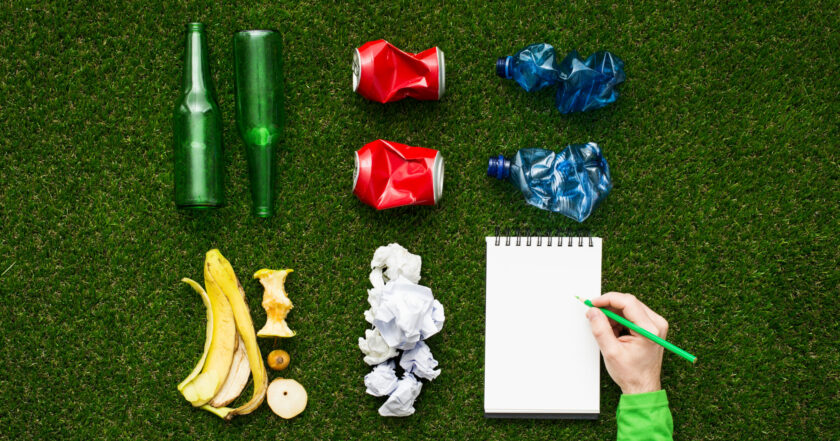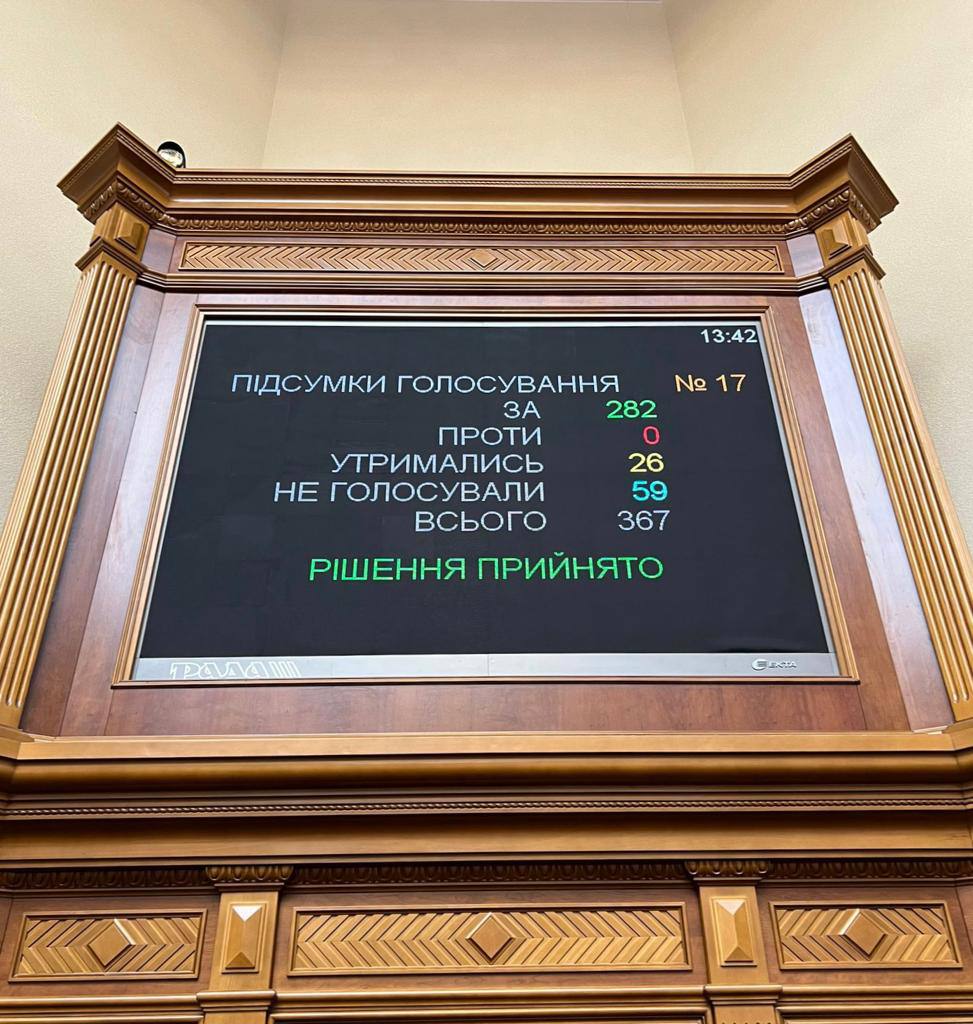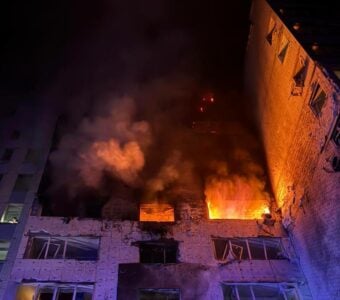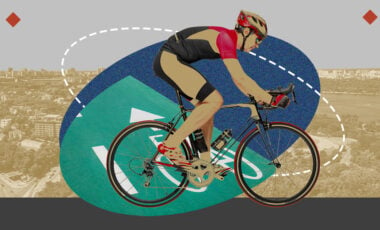Verkhovna Rada passed the law on waste management

On Monday, June 20, the Verkhovna Rada of Ukraine adopted in the second reading and in general the long-awaited bill № 2207-1-d "On Waste Management."
The corresponding decision was supported by 282 people's deputies, 26 abstained, and 59 people's deputies didn't vote, Ecopolitics writes.

What is the problem?
Today Ukraine is the dirtiest country in Europe. Approximately 33,000 tons of waste are disposed of in overcrowded landfills in Ukraine daily. It is over 12 million tons per year.
Ukraine faces international problems with its neighbors, as Ukrainian garbage pollutes border rivers and the Black Sea the most.
During all the years of independence, no significant processing industrial, hazardous, and household waste enterprise has been built in Ukraine. Only some were created for agricultural processing.
The potential of the industry is not revealed even by 1%. Ukraine is the only European country that does not implement the "polluter pays" principle and does not create extended producer responsibility organizations.
russia's war generates millions of tons of additional hazardous and construction waste that needs to be recycled and disposed of.
What is the solution?
The purpose of the bill is to improve the waste management system, ensure legislative and regulatory regulation of relations in the field of waste management under the requirements of European Union directives, improve the environment and achieve sustainable development goals.
What does the bill provide?
The document proposes to introduce a hierarchy of waste management and the basic requirements for extended producer responsibility, to introduce a system of long-term waste management planning at the national, regional, and local levels. The draft law provides for the introduction of a waste management information system designed to simplify the accounting and reporting system, the submission of declarations, and the implementation of permitting procedures in the field of waste management.
The introduction of a subsystem of open registries will provide access to information to the creators and other owners of waste, the public. It is proposed to strengthen control over the collection and processing of hazardous waste by tightening the requirements for licensing such activities.
The bill also proposes to establish the procedure for collection, removal, and recycling of household waste, ensure the introduction of their separate collection and recycling, provide requirements for the quality provision of waste management services, and charge fees for such a service. Finally, the draft proposes to amend the Code of Ukraine on Administrative Violations to establish a system of liability for offenses in the field of waste management.
The draft law, in particular, Article 13 "General Requirements for Waste Management," was supplemented by a new part 9, which sets the legal basis for the waste regulation generated by russia's military aggression against Ukraine.
"Ukraine is finally taking the first step towards civilized waste management. We are already 20-30 years behind our European neighbors. Today Ukraine is the only country in Europe where the state has no control over waste. More than 90% of it is buried in the ground. Our goal is to be a full member of the European Union, so we must show the ability to carry out real European reforms, " said Ruslan Strilets, the Minister of Environmental Protection and Natural Resources of Ukraine.
He explained that the framework law "On Waste Management" provides an opportunity to initiate the changes that Ukraine needs to become a member of the European Union.
The law will allow:
- introduce a European hierarchy of waste management;
- organize the planning of the waste management system at the national, regional, and local levels;
- close old landfills and bring the remaining ones up to European standards;
- create conditions for the construction of modern waste processing infrastructure in Ukraine according to European rules
- open borders for investors;
- establish the "polluter pays" principle;
- introduce extended producer responsibility when the manufacturer will be obliged to ensure the complete disposal of the packaging that he has placed on the market together with the goods.
Strilets stressed that the draft law № 2207-1d only establishes a framework of new modern rules for the functioning of the waste management system in Ukraine, and several other necessary sectoral laws will be developed on its basis.
"The ultimate goal is to make waste management more efficient and safer for people and the environment," he added.


















































